Is mCPR associated with better outcomes for in-hospital cardiac arrest? St Emlyn’s
St. Emlyn
MARCH 8, 2024
St.Emlyn's - Emergency Medicine #FOAMed Is mechanical CPR associated with improved or worse outcomes in in-hospital cardiac arrest. FOAMed @stemlyns The post Is mCPR associated with better outcomes for in-hospital cardiac arrest? St Emlyn’s appeared first on St.Emlyn's.


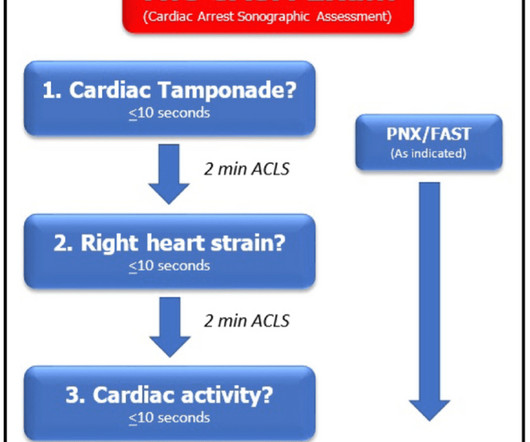




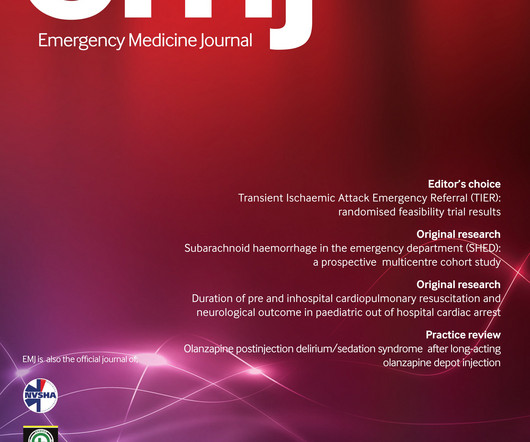












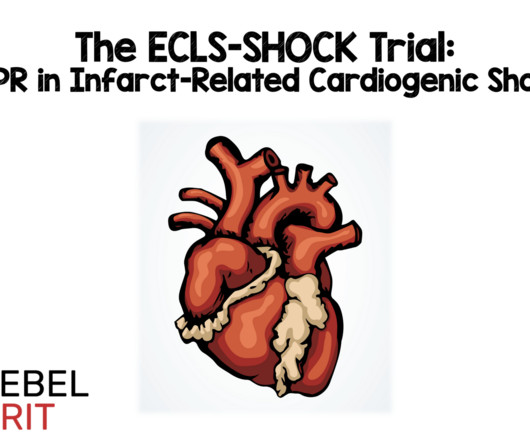
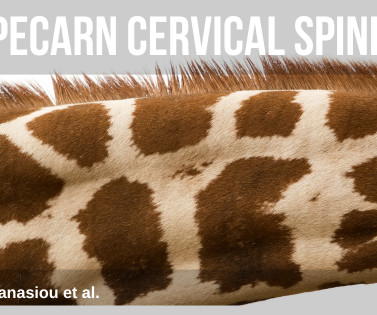







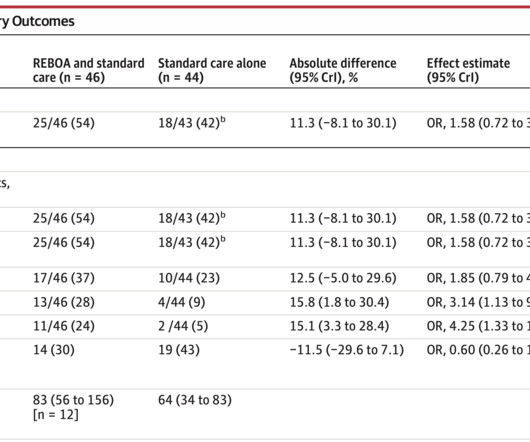

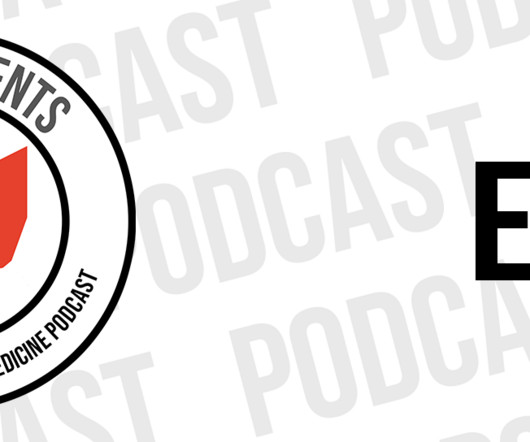










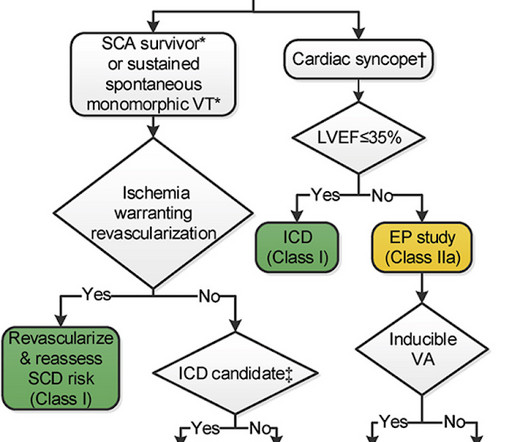








Let's personalize your content